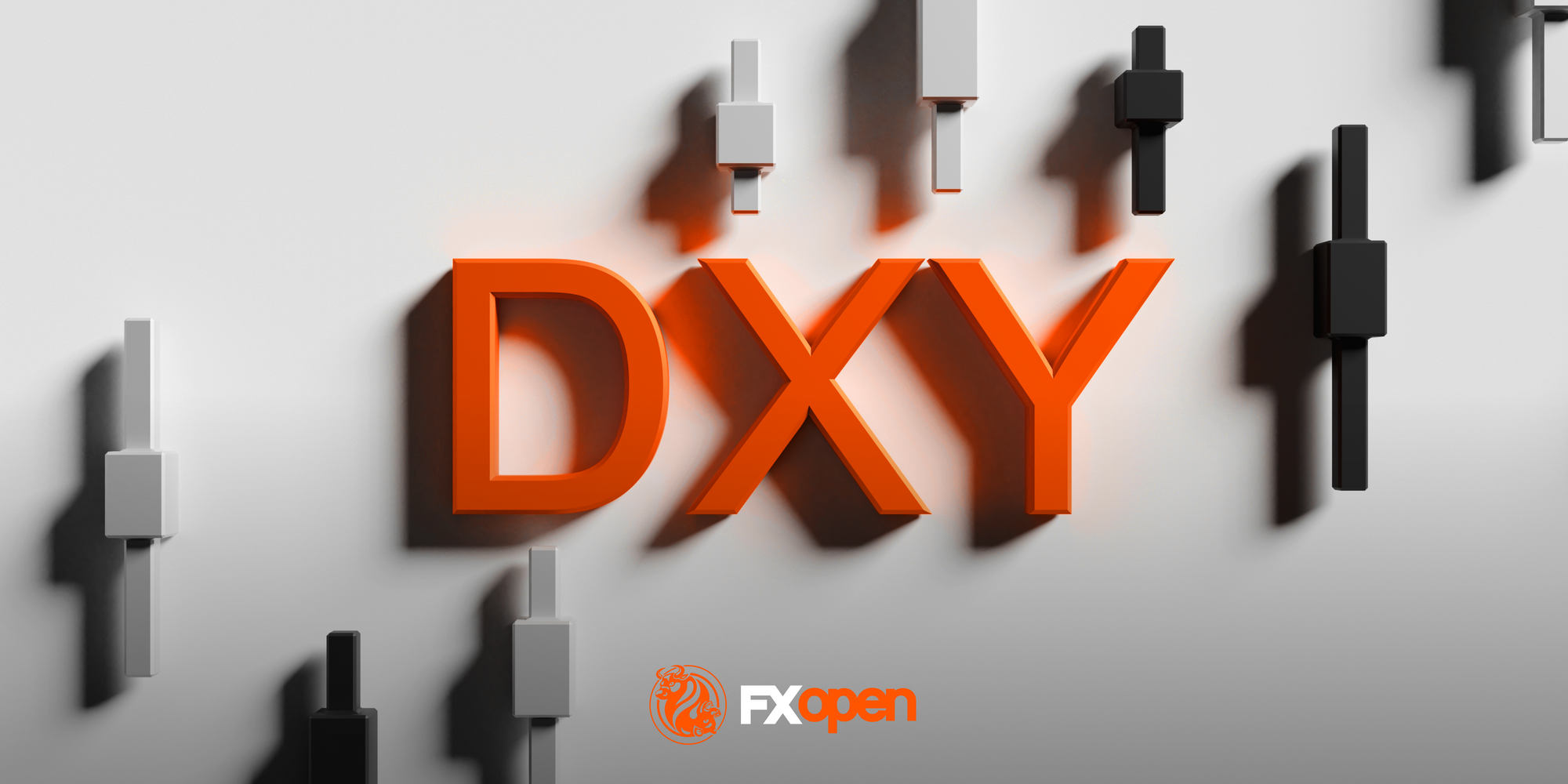FXOpen

The United States election ended over the weekend with Joe Biden becoming the 46th President. The victory was celebrated worldwide, as the new White House administration will likely reverse most of Trump’s controversial decisions.
Even over the weekend, the news appeared that one of the first things Biden will do once in office will be the reverse the withdrawal from the World Health Organization and to rejoin the Paris climate change accord.
For financial markets, the implications of a new administration are huge. As such, volatility is expected to rise for the rest of the year in preparation of the transfer of power.
What Will Biden Do?
Besides the geopolitical decisions, Biden vowed to raise back the corporate tax rate. One of the first decisions taken by Trump was to lower the corporate tax rate from 35% to 21%, and Biden plans to reverse it back to 28%. This is bad news for corporate America and should weigh on stocks, but that is not the case so far.
The positive thing comes from the infrastructure bill expected to come under the new White House administration. The United States plans to spend over $2.4 trillion on infrastructure in an effort to boost the economy.
Once Biden takes power, the focus will shift to controlling the pandemic. He made it clear in his victory speech that the United States’ priority should be to control the pandemic first and then to focus on economic recovery. On this front, he just received some good news as Pfizer announced today that its vaccine has an efficacy of preventing COVID-19 infections by more than 90%. The news sent the stock markets worldwide higher, celebrating the fight against the pandemic.
So far, the USD reacted as the stock market did to the elections. However, the road ahead is full of uncertainties for the American policies due to a mixed Congress. In order for the infrastructure bill to pass, Biden and the Democrats will need to gain some Republican support. Failure to do so should materialize in further uncertainty.
All in all, expect a tumultuous end of the year with the markets focusing on the transfer of power in the United States and how the pandemic evolves. Now that the United States elections are behind us, the focus shifts back to the health crisis. Any news on this front will likely have a strong effect on the USD.
This article represents the opinion of the Companies operating under the FXOpen brand only. It is not to be construed as an offer, solicitation, or recommendation with respect to products and services provided by the Companies operating under the FXOpen brand, nor is it to be considered financial advice.
Stay ahead of the market!
Subscribe now to our mailing list and receive the latest market news and insights delivered directly to your inbox.








